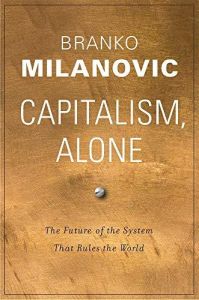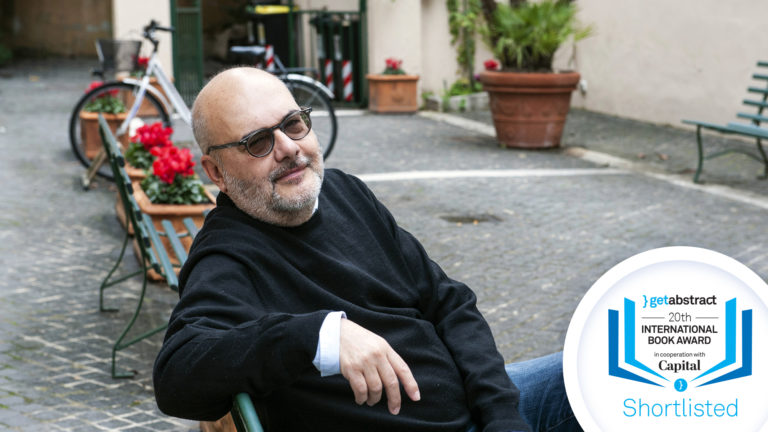Melden Sie sich bei getAbstract an, um die Zusammenfassung zu erhalten.

Melden Sie sich bei getAbstract an, um die Zusammenfassung zu erhalten.
Branko Milanović
Capitalism, Alone
The Future of the System That Rules the World
Belknap Press, 2019
Was ist drin?
Global convergence has now made it a capitalist’s world, but political approaches differ.
Recommendation
Capitalism is today dominant throughout the world. But China shows that Western hopes of liberal democracy naturally following capitalist economic prosperity have not materialized. Professor Branko Milanovic takes on the broad, ambitious topic of global capitalism’s features and flaws, including growing wealth and rising inequality, and comes up with a number of original and convincing conclusions. His thought-provoking and articulate text makes for a noteworthy addition to current literature on the future of capitalism.
Summary
About the Author
Branko Milanovic is a professor at the City University of New York. He was formerly lead economist in the World Bank’s research department.

























Comment on this summary
Prof. Milanovic's ideas would feel much more well-rounded if effects of "political capitalism" on former Eastern Bloc nations (as well as Russia) are also examined.